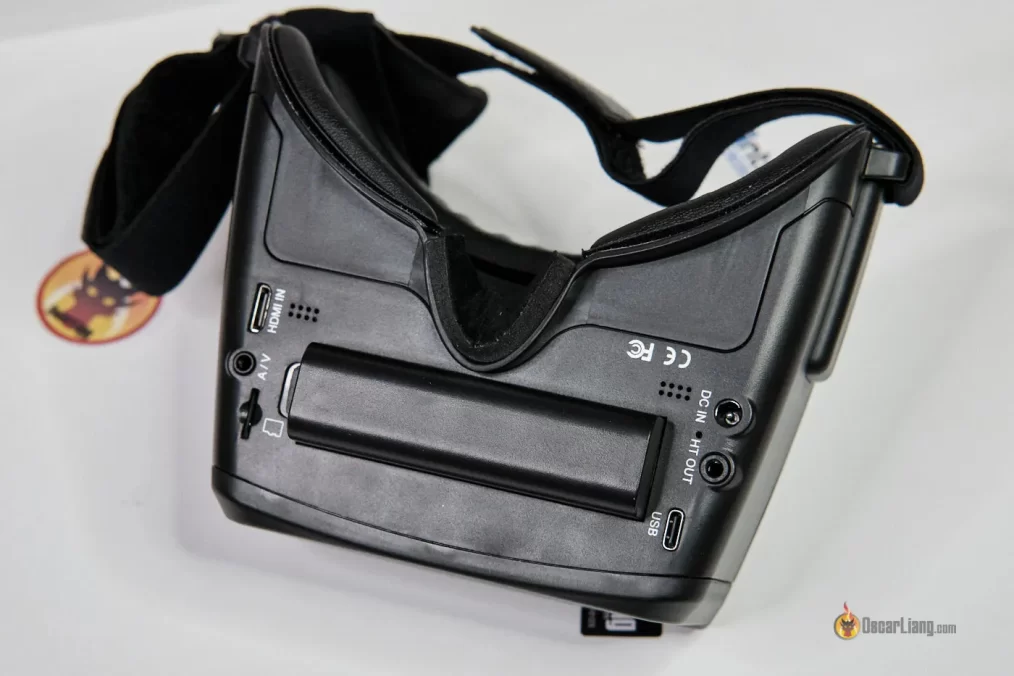
Explosive Drone Headsets Delivered to Russian Soldiers
The Krakow Post
Booby-Trapped Equipment
When the unsuspecting soldiers powered up the Skyzone Cobra X v4 headsets, popular for controlling first-person view drones and available for around $300 on Amazon, they detonated, as an inspection later revealed plastic explosives embedded within each device.
An “individual donor” supplied the compromised gear, bypassing official military channels. The gear, originally intended as humanitarian aid, has now raised serious security concerns. Whether the sabotage was intentional, or an elaborate oversight remains unverified, but the implications are significant. Notably, neither Skyzone nor the Ukrainian Defence Intelligence has claimed responsibility.
At first glance, this incident has Ukrainian Defence Intelligence written all over it, but definitive proof may remain elusive for some time. Broader Implications Sabotage within supply chains is not unprecedented, and historical parallels offer insight into the situation.
One notable comparison is Israel’s covert attack on Hezbollah using explosive-laden pagers, an operation that required meticulous planning and execution. Similarly, this recent incident aligns with the evolving concept of “participative warfare,” where civilians, intentionally or not, become integral components of a larger conflict.
The revelation of this compromised gear is likely to trigger stricter scrutiny of donated military equipment. Moving forward, military units may be compelled to implement additional measures to verify the safety and integrity of unsolicited gear. This development adds another layer of complexity to an already volatile and precarious supply chain, emphasising the need for heightened vigilance in military logistics and procurement processes.




